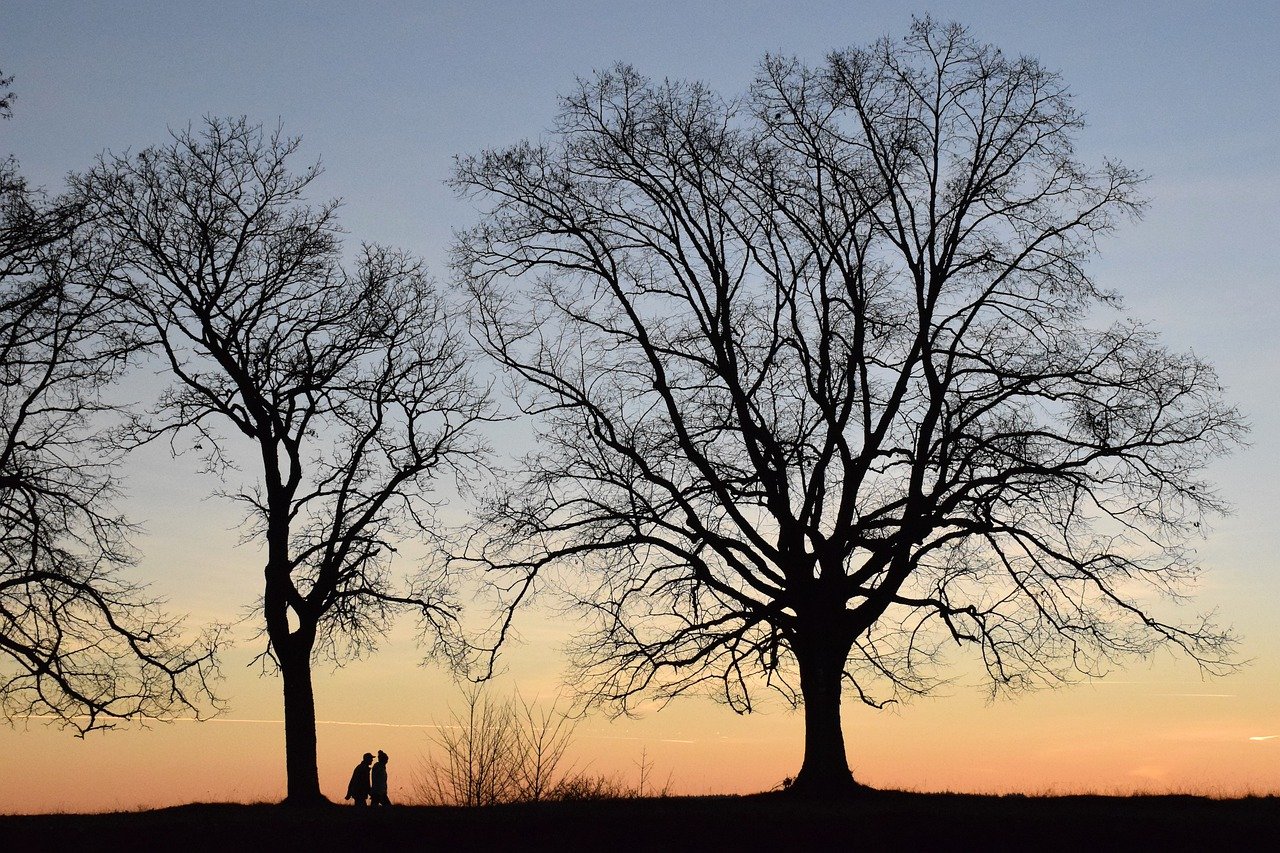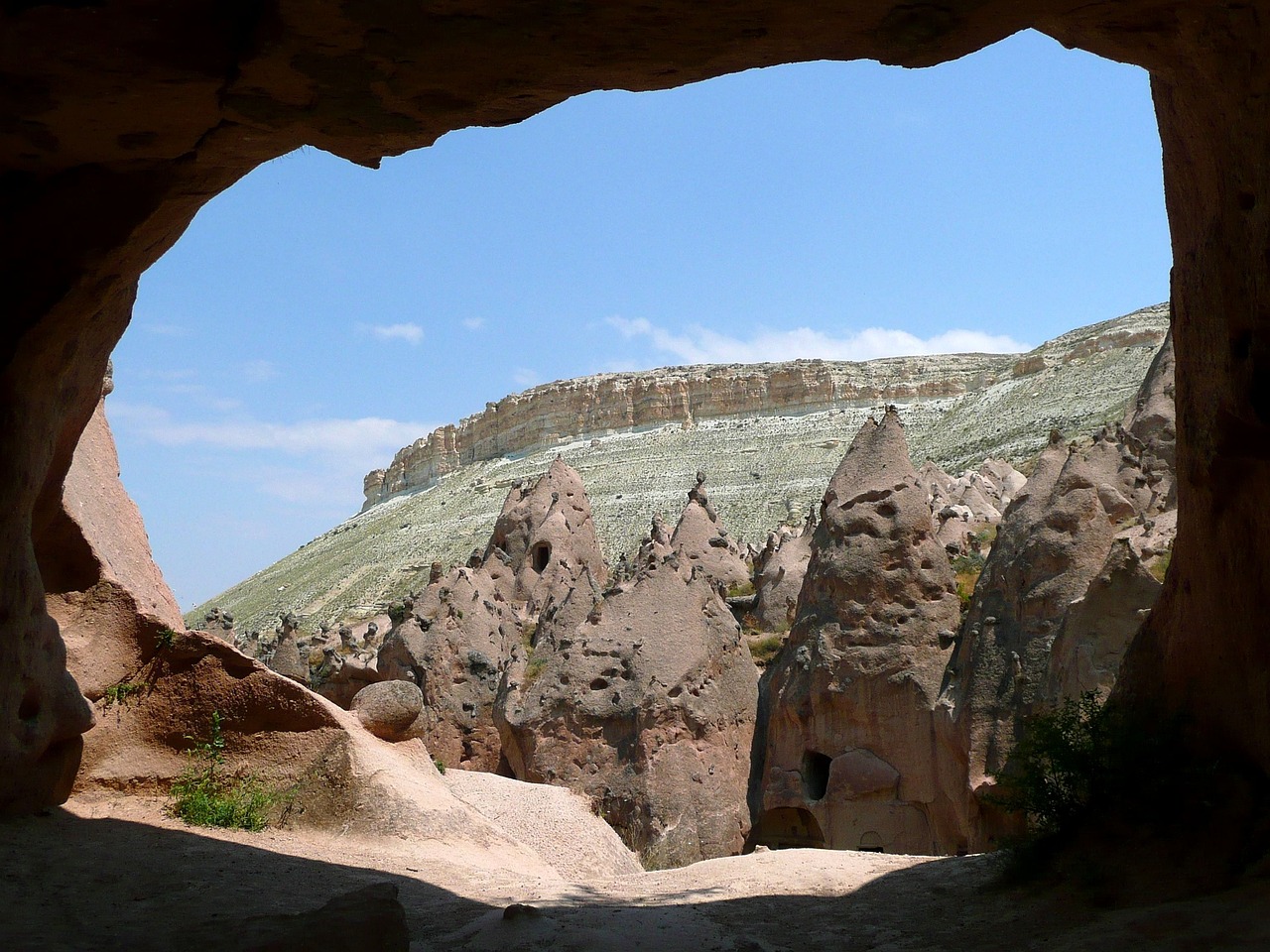John Cassian, whom Thomas Merton called the ‘master of the spiritual life for monks – the source for all in the West’ and who put John Main back on the path of contemplation was born probably in modern day Romania about 360 AD. In later years when he prayed his distractions were at least in part fuelled by the stories and poems he had studied in his youth, so we might imagine he was well-educated. As a young man, perhaps even at twenty, he travelled to Palestine and entered a monastery which he later found to be unsatisfyingly lukewarm in its fervour for that ‘spiritual progress’ that Cassian and many of his contemporaries thirsted for. Palestinian monasticism had a reputation for too many long prayers and extravagant externals. But the Egyptian monks were attracting droves of serious seekers as well as spiritual tourists. The spiritual fathers and mothers of the desert of northern Egypt – the abbas and ammas – were not interested in the tourists or fame but self-knowledge (‘greater than the power to work miracles’) and the knowledge of God. The monks said they fled from bishops and women, avoiding the temptations of clerical status and the flesh. The ammas, some of whom were reformed harlots, have characteristically not had their wisdom recorded as well as their male counterparts but from more than one story we can tell they saw themselves and were regarded by their contemporaries with equal respect.
The Desert monastic movement that drew Cassian away from his Bethlehem community to spend about twenty years drinking from the freshest source of spiritual wisdom in his day was a lay movement. The monks did not see their way of life as inherently superior to the married state and could not even absolutely decide whether community or solitary life was better. Alone, whose feet can you wash? They were Christian. And they lived the paradoxes of the Gospel. Its legendary pioneer, Anthony of the Desert, had renounced his possessions and home as a young man and penetrated ever deeper into solitude and inhospitable dwellings as did the Celtic monks of Skellig Michael, the steep rock eight miles off the Kerry Coast a century or so later. The ‘Life of Anthony’ by Athanasius is a Jungian feast of the mid-life struggle of a passionate soul for that integration, individuation and self-knowledge they called holiness. As in other eras of disruptive civic decline and pessimism – this was the period of Augustine’s ‘City of God’ – people were thrust back to the quest for basic human meaning.
After quenching his thirst in the desert Cassian was driven out by violent theological controversies, first to Constantinople where he was ordained deacon and then to Rome where he became a priest. His final stop was Marseilles where he founded a double monastery for men and women. At the invitation of the local bishop, concerned to tame the wilder aspects of the monastic movement that had spread there, Cassian wrote three great works. ‘The Institutes’ concentrated more on the outward measures for reforming life corrupted by the eight major faults (later called the seven deadly sins). A Treatise against the Nestorian heresy shows his orthodoxy, but he also stumbled slightly on the question of how free will relates to grace and bumped against Augustine. As a result he is honoured with a feast on February 29th in the western church, despite being the special inspiration of Benedict, Aquinas and Dominic, but he is accorded full honours in the Eastern Church.
His third and greatest contribution to western spirituality and the practice of the mystical life are his ‘Conferences of the Fathers’, which Benedict had his monks listen to daily. They are cast as dialogues with some of the desert abbas and combine acute psychological insight with theology and scriptural wisdom. With the mediating influence of Evagrius, the most intellectual of the desert fathers, the doctrine of Origen penetrates Cassian’s ideas and forms his own distinctive understanding of oratio pura, pure prayer. The practical purpose of the monk’s life according to this wisdom is simply to come to the state of continuous prayer. Analysing this, Cassian says there is an immediate and an ultimate goal, purity of heart and the second the kingdom of God. The equation is simply balanced in desert spirituality: perfect love equals purity of heart equals pure prayer.
The problem is the ‘demons’. These carefully observed tendencies and states of mind were organised in a psycho-spiritual system which shows the sequence in which they arise, interact and can be patiently endured and eventually mastered through asceticism, spiritual friendship, discretion and self-knowledge. Temptation, of course, goes on to the very end – perfection is not a state to be achieved permanently – and in fact is necessary for progress. The eight principal faults are familiar to us today in a culture where obesity (gluttony), pornography (lust), money (avarice), violence (anger), stress and depression (acedia and sadness), and celebrity (pride and vainglory) dominate our thought, fantasies and headlines. The cure, then as now, is prayer.
‘The Conferences’ pivot on two teachings (Conferences 9 and 10) on Prayer by Abba Isaac. In the first of these the diversity of prayer is analysed and some basic principles described. ‘We must prepare ourselves before the time of prayer to be the prayerful person that we wish to be. For the mind in prayer is shaped by the state that it was previously in.’ All prayer advances towards that ‘fiery and wordless prayer’ which ‘transcends all human understanding’ and is union in and with Christ. Cassian cites the authority of Anthony to insist that, in this state, self-consciousness has finally been left behind because ‘that is not a perfect prayer wherein the monk understands himself or what he is praying.’
Heady stuff. And Cassian is duly impressed by Abba Isaac. But he then complains that he has not shown him how to attain this. Isaac commends him for asking the all-important question. Isaac’s next conference teaches the ‘formula’, that became the monologistic (one word) prayer of the West as the Jesus Prayer did later in the East. He recommended the verse ‘O God, come to my assistance’ which St Benedict surely in deference to Cassian, adopted as the opening of the opus dei or Divine Office. The formula condenses into simplicity and purity all that the busy mind and turbulent feelings contain. Repeating it ‘ceaselessly and continually’ enables one to ‘renounce all the riches of thought and imagination’ and to come through poverty of spirit to purity of heart. In an extended conclusion to the ‘Conference’ Isaac describes most of the states of mind, which anyone seriously committed to regular contemplative prayer will experience, from elation to depression, distraction to sleepiness, fear to restlessness. The formula becomes the faithful guide to the goal through them all. It stays with us through ‘adversity and prosperity’ and eventually enters the heart where it is recited even in sleep and awakes with us in the morning. ‘Let it accompany you at all times’ he says, especially at the beginning and end of every task you perform.
This prayer is distinct from but inseparably related to the lectio or reading of scripture which Cassian says becomes even more nourishing and enlightened as the result of this formula for poverty of spirit which concentrates and unifies our attention. He adds that it is not as easy as it sounds but that its fruits are more than worth the labour involved. And, anticipating a long and continuous tradition that flows from the desert to our own arid times, he remarks that this is a simple ‘format to be maintained by beginners’; and that by its inherent virtue no one is excluded from the universal goal – alike of monks and harlots – the goal of purity of heart.







